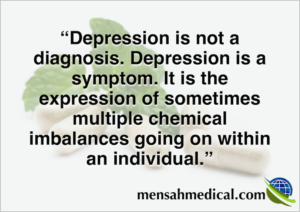
Lavender Oil for Allergies and Anxiety: Is it Friend or Foe?
Are you using lavender oil for allergies and anxiety? Patients need to use lavender oil with a bit of caution. First of all, one should never ingest it by mouth or inject it. Patients need to also be aware that in some cases, it can cause nausea, vomiting, and headaches when inhaled or applied to the skin. It has been widely known to cause contact dermatitis in some users. This is well documented in studies, mainly due to the presence of linalool, one of its main constituents.


